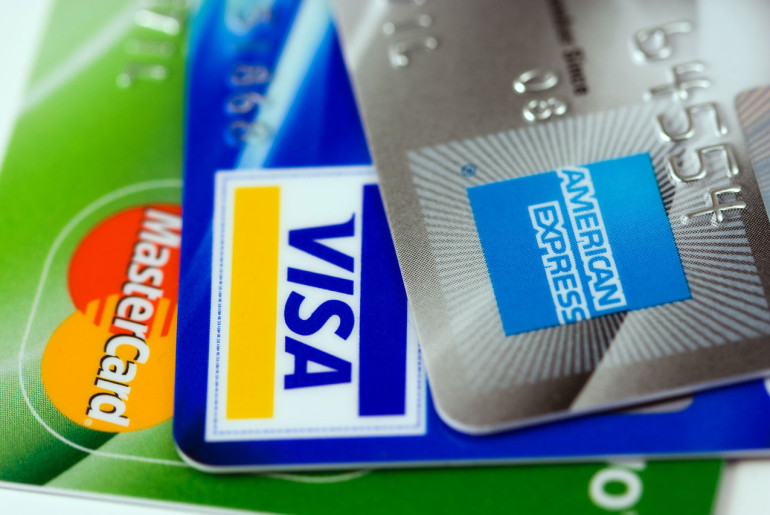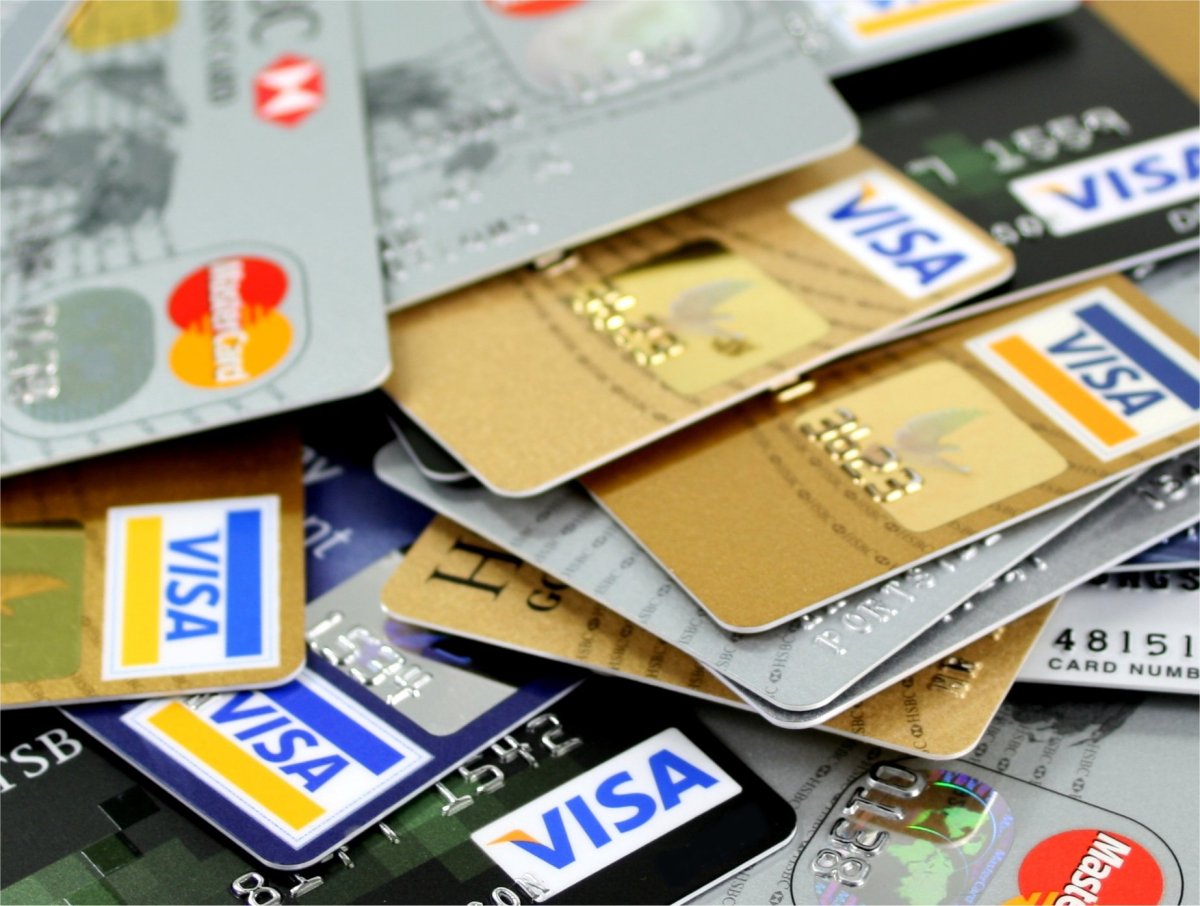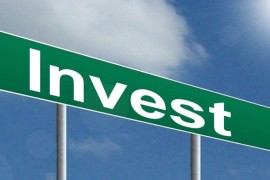We all need credit from time to time to pay for the things we need. Maybe it’s an unexpected expense, and we don’t have the savings to cover it. Or maybe we don’t have the money, but we need to buy something essential, like braces for our kids or tuition to go back to school.
Yet taking on too much credit can cause financial problems. Good financial health doesn’t mean avoiding credit entirely. You just have to know when getting a line of credit is the wise choice and when you should look for other funding sources instead. Here are some examples on both sides:
When You Should Use Credit
Buying a House or Starting a Business
If you had to wait until you could save up enough money to buy a house or start a business, you’d never do it. By the time you had enough money, you’d be near the end of your life, and you would have endured years of frugal living. For a business, you wouldn’t have many years left to develop it and enjoy the rewards of your labor.
It’s far better to get a good loan to buy your home or start your business. The interest rates on these loans are generally low, and making payments on these loans can significantly improve your credit. These kinds of loans are good credit to get.
Medical Expenses
A serious injury or illness can require significant medical care that can cost thousands of dollars. Your insurance may only pay so much before you have to start paying out of pocket. Some doctors will require that you pay for some procedures up front, and if you can’t, you won’t be able to get the medical care you need.
In these cases, getting a loan or other line of credit is well worth it. You should do everything to get the medical care that you or your loved one needs.
Important Things for Your Kids
Braces. An intensive gymnastics camp for your aspiring Olympian. Headshots for your aspiring thespian. You may consider these essential items that your children need, and getting credit to pay for them may be well worth it to you. Just make sure that you carefully evaluate the long-term benefit versus the short-term expense.
When to Avoid Credit
You Won’t Be Able to Pay It Back
A lot of people take on more credit than they need because it seems like easy money. They think about meeting their current demands, not how they are adding to their financial responsibilities in the long term. You must think carefully about how much you will be able to afford to repay on the loan or line of credit. If you can’t make the payments, you’ll be compounding the problem with interest and penalties. You’ll also destroy your credit history in the process, making it harder for you to get credit in the future.
You Are Making a Frivolous Purchase
Wanting to take a luxurious vacation to Paris is not a good reason to take out a personal loan. Neither is wanting to buy a sports car when you’ve already got a perfectly good vehicle in your driveway. It’s better to wait until you have the money for these items and can avoid the interest and the high debt-to-income ratio.
You Are Considering a Risky Investment
You may be tempted to take out a line of credit to make some investment that you think will pay off big. But the reality is that the investment could actually cost you big. Then you’ll still be paying back the amount you borrowed and your financial situation will be worse. Again, wait until you have the money to make the investment instead.
Credit can be a useful tool, or it can make your financial situation worse. You just have to know when the right situations are to use credit, and you have to take the time to find the right credit opportunities with the best terms. When credit is used properly, it can help you improve your financial health and to improve your overall quality of life. When it is used poorly, it will just compound your problems and jeopardize your financial future.











Comments are closed.